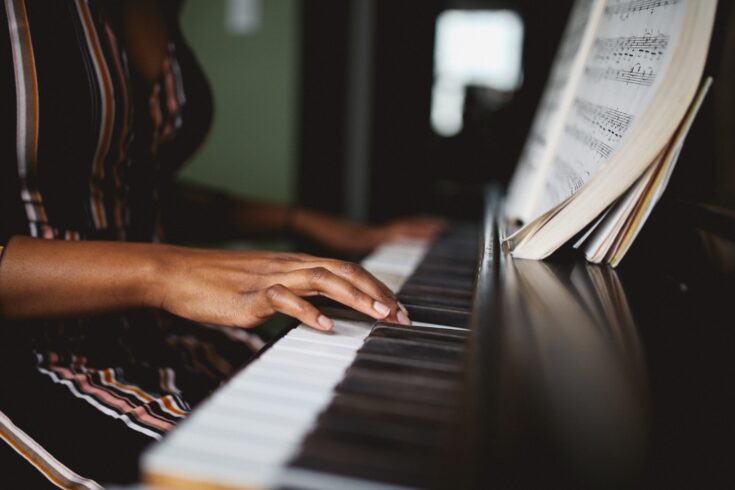Following on from the success and impact of the Forgotten Female Composers project in 2018, Arts and Humanities Research Council (AHRC) and BBC Radio 3 have once again joined forces to help bring recognition to another area of diversity in classical music.
Expressions of interest from arts and humanities researchers based in the UK from all disciplines specialising, or with interests in, Black, Asian and ethnically diverse classical music composers.
Applicants must focus on a single historical (deceased) composer from any part of the world, who has written orchestral, chamber and/or choral music.
The successful researchers will be able to share the fascinating stories of the composers with a wider audience by feeding the research into BBC programming, and working with the BBC to showcase the composer’s work in a special concert which will be broadcast in autumn/winter 2021.
Leading the way on diversity
June Sarpong, BBC’s Director of Creative Diversity says:
We want to lead the way on diversity at the BBC, creating a more inclusive industry across all areas including classical music and the arts, but we can’t do it alone.
By working together with our partners, like the AHRC, to research, record, and play composers who have been forgotten through history, the BBC can help change the perception of classical music and who it is for; providing new discoveries to music lovers everywhere and inspiring generations to come with the work of composers that represent modern Britain.
Professor Christopher Smith, AHRC Executive Chair says:
We are really excited to be collaborating with the BBC again on a project to celebrate and give long overdue recognition to ethnically diverse classical music composers from across the world.
This project combines our commitment to equality, diversity and inclusion in research with the excitement of rediscovering wonderful music and bringing it to new audiences.
This project will help to shine a light on works, that perhaps until now, have not received the public recognition they deserve.
One of the key aims of the project is to expand the breadth and diversity of what is accepted as belonging to the classical music canon, while bringing to the fore immensely talented composers and music that deserves to be presented alongside all the works that are traditionally included in the repertoire.
BBC Radio 3 and AHRC are particularly interested in receiving applications from Black, Asian and ethnically diverse applicants, and are working with an expert advisory group comprising academics, music professionals, and diversity and inclusion specialists to ensure the broadest possible range and diversity of researchers feel empowered to apply.
The expert advisory panel
The panel includes:
- Chi-chi Nwanoku OBE – Double bassist, Founder, Artistic and Executive Director of the Chineke! Foundation, which supports, inspires and encourages Black, Asian & ethnically diverse classical musicians working in the UK and Europe.
- Toks Dada – a classical music programmer, curator and producer. Dedicated to engaging new and diverse audiences with classical music, Toks is the Guest Curator for Wonderfeel – the Netherlands’ biggest outdoor classical music festival, a Board Director at Welsh National Opera, an Advisor at PRS for Music Foundation, and a Fellow of the International Society for the Performing Arts.
- Deborah Williams – CEO of the Creative Diversity Network (CDN) which exists to share, discuss and profile the work that the UK broadcasters are doing around the diversity agenda. She previously designed the BFI diversity standards and Arts Council England’s equality analysis process; for public sector equality duty compliance.
- Laudan Nooshin – Professor of Music at City, University of London and an active researcher working in the broad fields of ethnomusicology, popular music studies and film music studies. Laudan is Vice-President of the Royal Musical Association, with responsibility for EDI issues and is Co-Chair of the Equality, Diversity and Inclusion in Music Studies Network.

